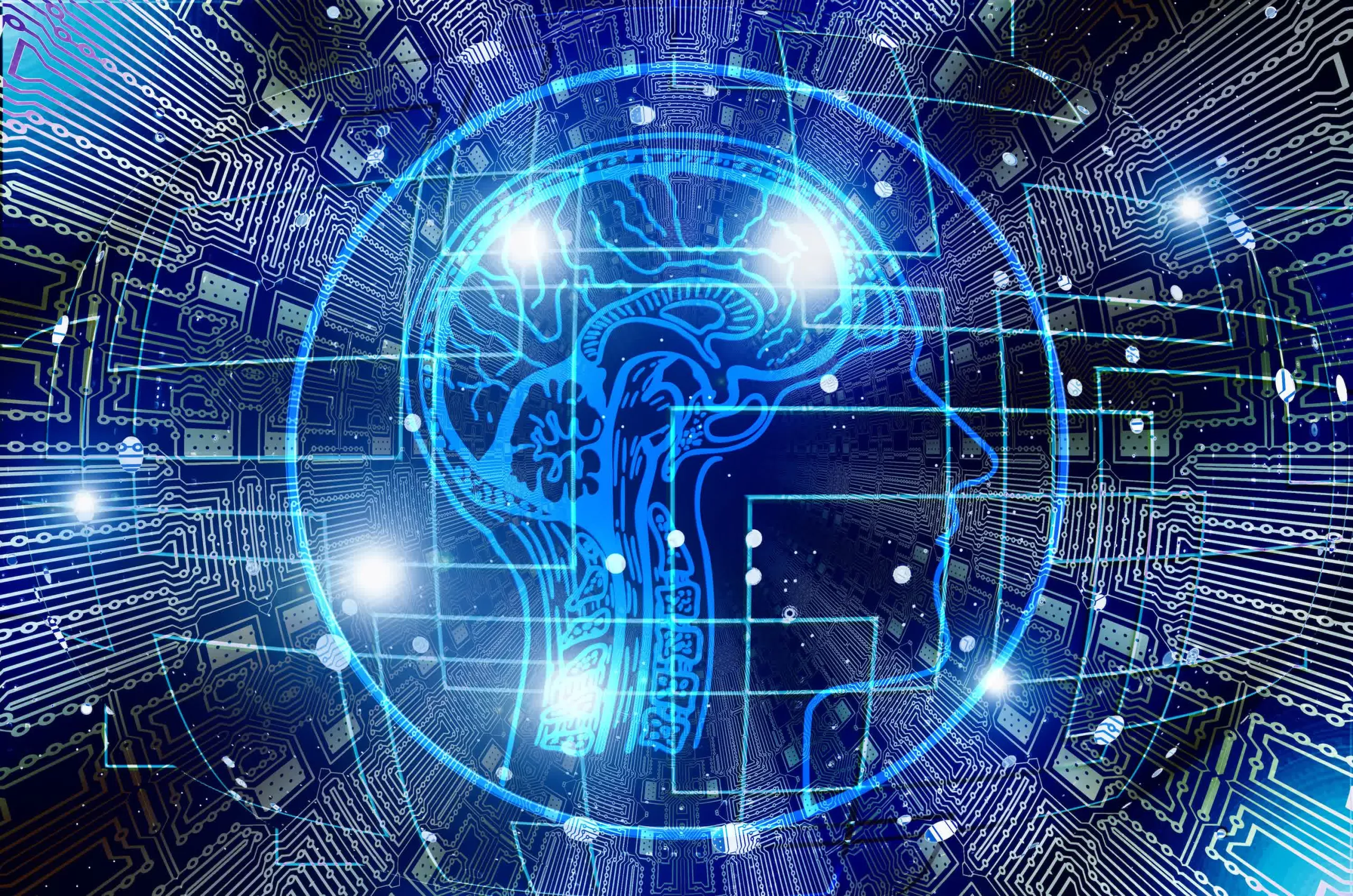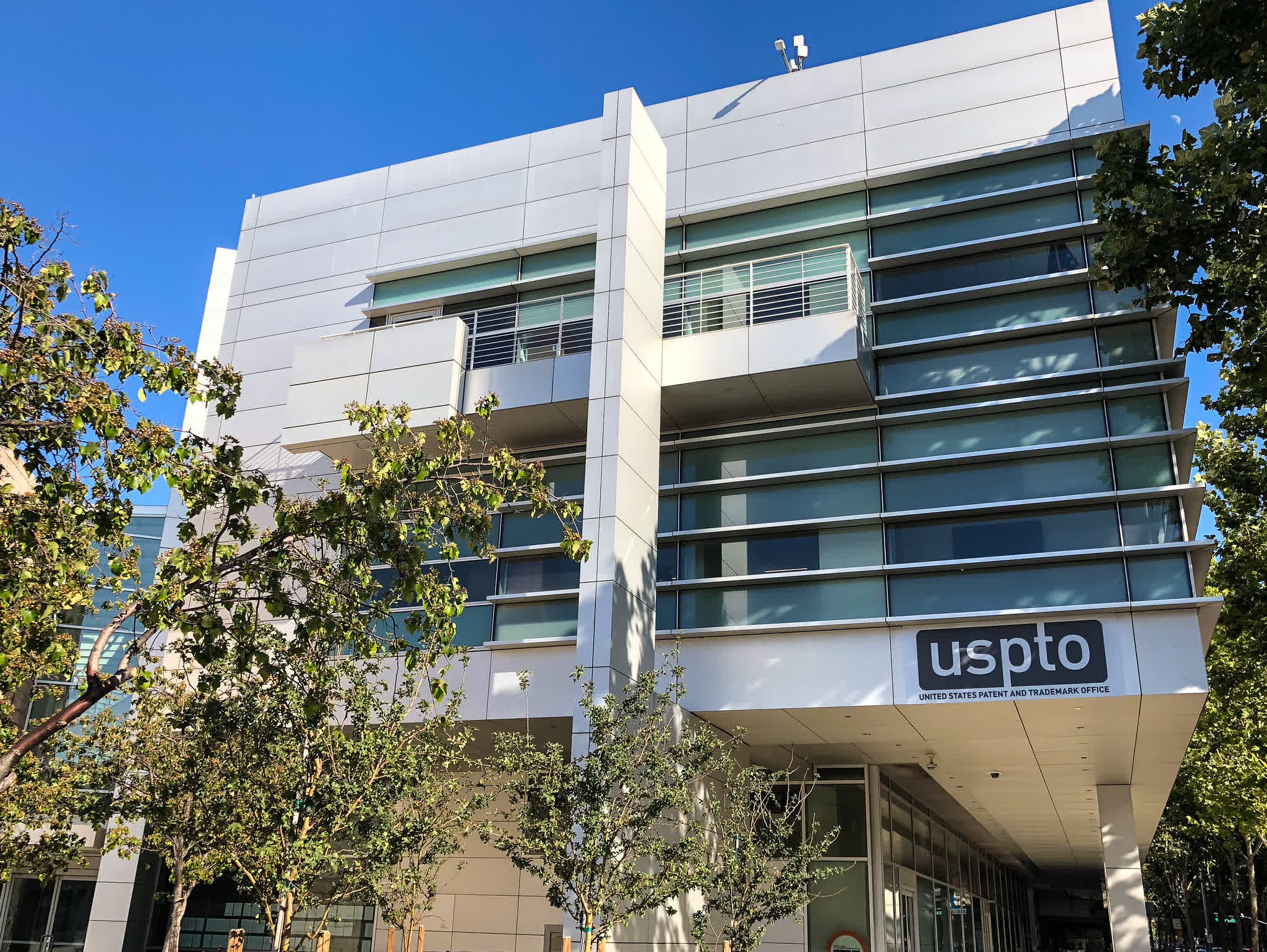What just happened? The US Patent and Trademark Office (USPTO) has made its stance on the issue of whether a patent application can list an AI as an inventor clear: No, it cannot. While the agency is willing to consider inventions created with the assistance of artificial intelligence, human inventors must have made a "significant contribution" to the process.

The USPTO's new guidance on the use of artificial intelligence states that while AI-assisted inventions are not "categorically unpatentable, the inventorship analysis should focus on human contributions, as patents function to incentivize and reward human ingenuity."
Under the new guidance, machines can be credited and thanked in patent submissions, but not listed as an inventor in the final submission.
"The right balance must be struck between awarding patent protection to promote human ingenuity and investment for AI-assisted inventions while not unnecessarily locking up innovation for future developments," writes Kathi Vidal, Under Secretary of Commerce for Intellectual Property and Director of the USPTO.
An example of a human's "significant contribution" to an invention is somewhat surprising. They can, for example, be deemed to have contributed enough to be recognized as an inventor through the construction of a detailed and specific AI prompt. "In some situations, the natural person(s) who designs, builds, or trains an AI system in view of a specific problem to elicit a particular solution could be an inventor," the agency said.
Ultimately, the agency appears to be placing AI in the same category as other tools that aid inventors rather than doing their job for them.
As part of an executive order issued last fall, the Biden Administration directed the USPTO to issue inventorship guidance on the use of the technology by the end of February.
The argument over whether artificial intelligence can be listed as an inventor on a patent has been around since before the ChatGPT-led generative AI revolution. In 2021, a court in Alexandria, Virginia, ruled that inventions can only be patented under the name of a "natural person." That case involved Stephen Thaler, the founder of advanced artificial neural network technology company Imagination Engines Inc, who said his DABUS (Device for the Autonomous Bootstrapping of Unified Sentience) system created unique prototypes for a beverage holder and an emergency light beacon.
Both the US Court of Appeals for the Federal Circuit and the US Supreme Court upheld the original ruling against Thaler. He also tried to register DABUS as an inventor with the UK's Intellectual Property Office (IPO), which refused. The country's Supreme Court also upheld that ruling.
Last August, United States District Court Judge Beryl A. Howell upheld the finding by the US Copyright Office that a piece of AI-generated art cannot be copyrighted.
USPTO image: Will Buckner
https://www.techspot.com/news/101892-ai-cannot-listed-inventor-us-patent-office-latest.html
